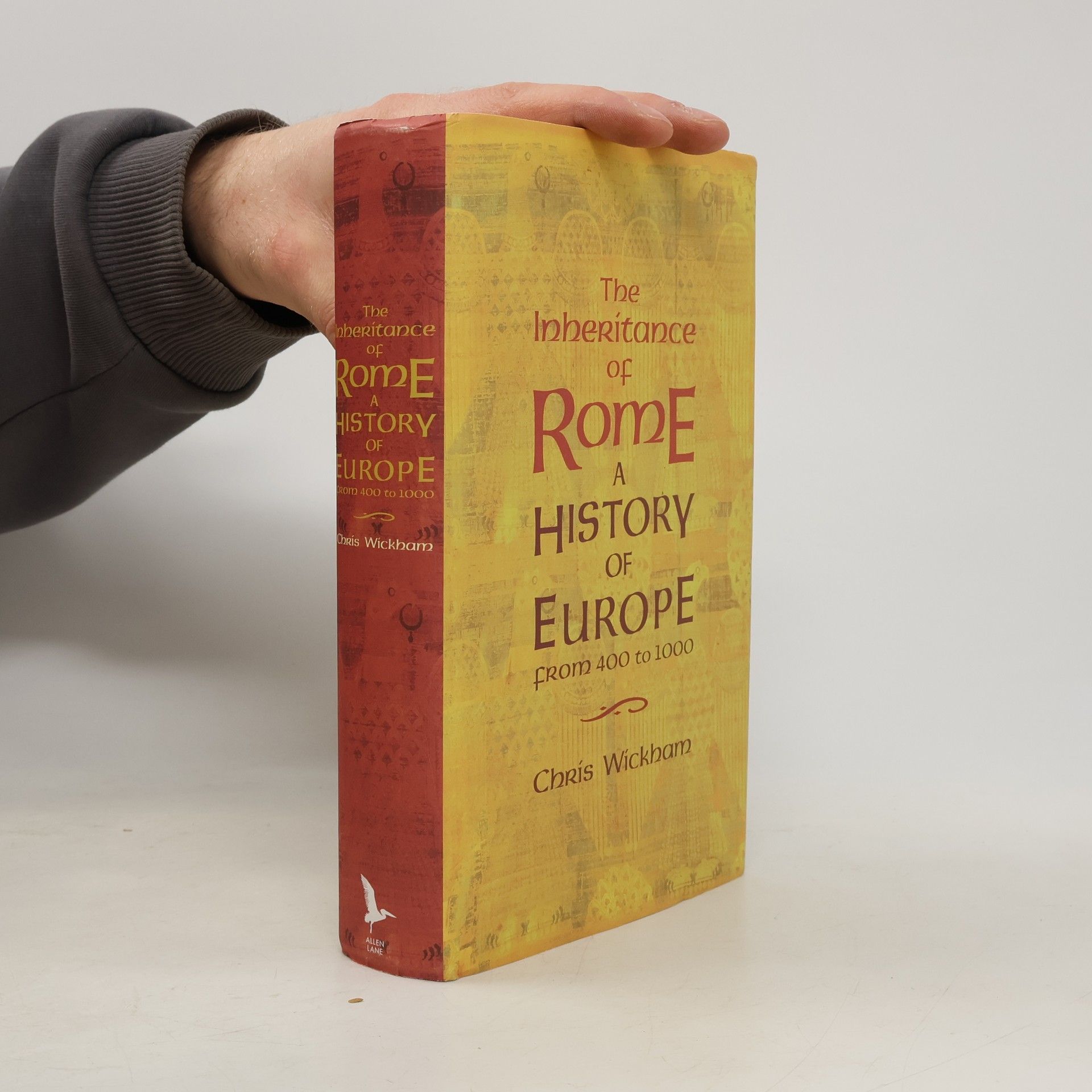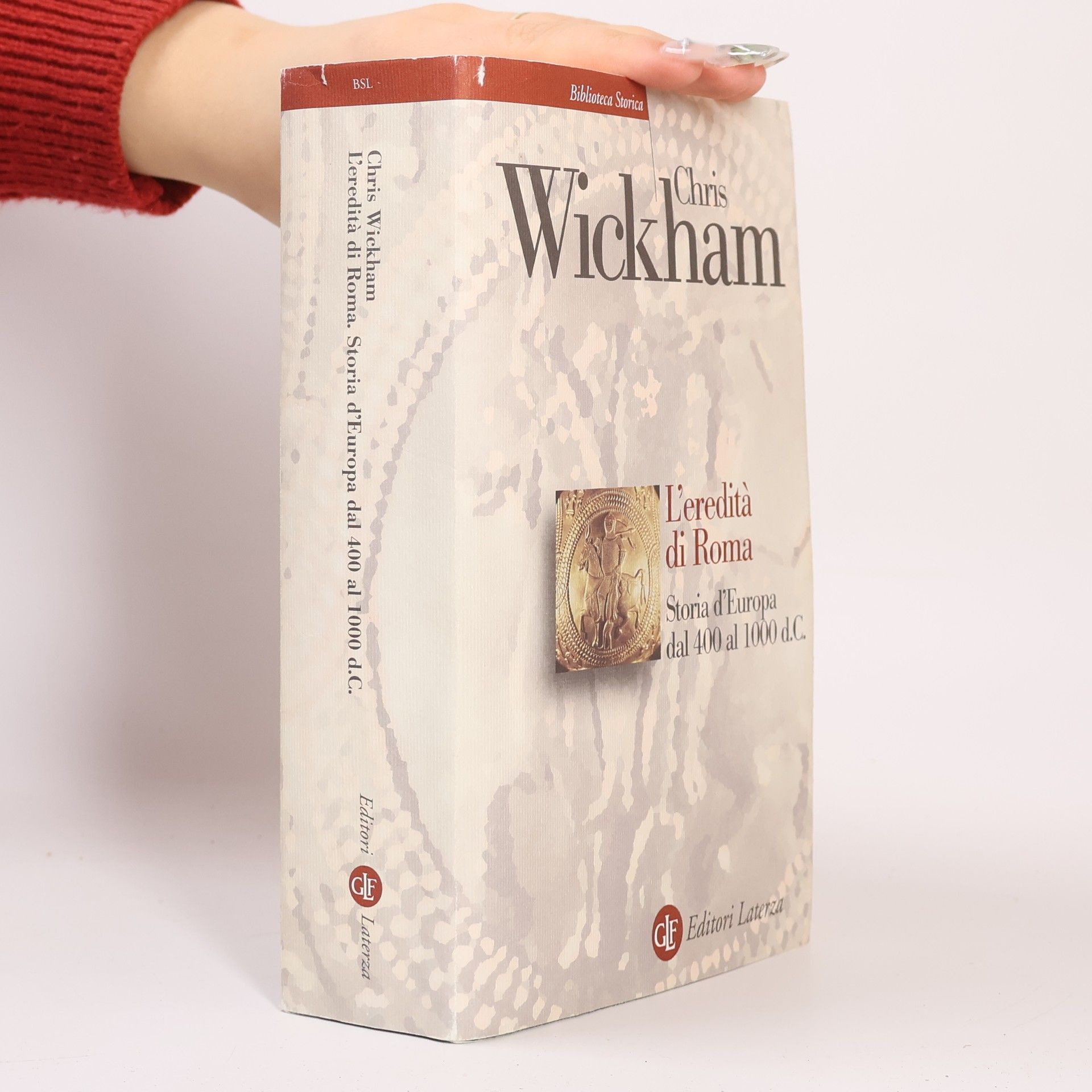Das Mittelalter
Europa von 500 bis 1500
Chris Wickham bietet eine präzise und grandiose Darstellung des europäischen Mittelalters, einer der bedeutendsten Epochen der Weltgeschichte. Diese 1000-jährige Periode, die den Zusammenbruch des weströmischen Reichs bis zur Reformation umfasst, war geprägt von gewaltigen Umwälzungen. Wickham beschreibt das Mittelalter als eine Zeit des Tatendrangs und tiefgreifenden Wandels. Er erklärt klar die wichtigsten Veränderungen in den einzelnen Jahrhunderten, darunter zentrale Krisen und Ereignisse wie den Untergang des weströmischen Reichs, die Reformen Karls des Großen, die feudale Revolution, die Zerstörung des byzantinischen Reichs und die verheerende Pest. Mit erhellenden Momentaufnahmen zeigt Wickham, wie sich die sich wandelnden sozialen, ökonomischen und politischen Umstände auf das Alltagsleben der Menschen und internationale Ereignisse auswirkten. Der Autor bietet eine neue Interpretation des Mittelalters und eine provokative These darüber, wie und warum diese Epoche bis in die Gegenwart hineinwirkt. Diese fesselnde Darstellung ist ein intellektuelles Abenteuer und zeigt auf, dass das Mittelalter für das 21. Jahrhundert von großer Bedeutung ist.



